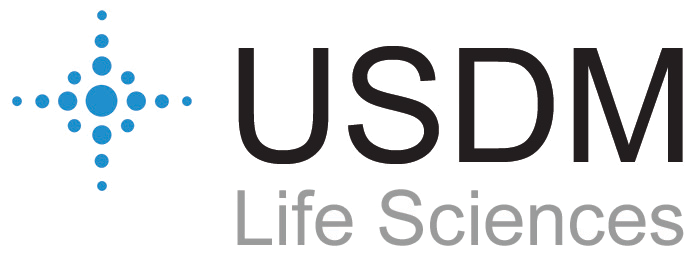At this point, there are no serialization or track and trace mandates in the United States that apply to medical devices. There are a number of activities in the pharmaceutical space for drug track and trace, specifically FDA’s Drug Supply Chain Security Act (DSCSA) legislation that requires eventual serialization of pharmaceutical products. There is nothing like this in the realm of medical devices.
Currently, UDI is solely concerned with medical device identification and its associated metadata. All stakeholders throughout the life cycle of the device should utilize UDI, but there is no mandate to either serialize or manage the traceability of the device the way there is within the pharmaceutical space. If, in the future, serialization initiatives move into the medical device space, UDI could support this.
USDM Life Sciences will help you assess, plan and execute the changes and enhancements necessary to meet UDI regulations. Our team of UDI experts will assess your products, the markets where they are sold and determine an implementation strategy for the changes that need to be made. USDM's assessment methodology is extensive and includes the labels and packaging, the management of identification changes to each product, the changes to PLM, ERP, EPCIS and packaging systems, changes to printing, vision inspection and warehouse/inventory management systems and interfaces to the GUDID.
Tuesday, February 16, 2016
Thursday, February 11, 2016
How Does the UDI Rule Address Subcomponents or Accessories in Regards to the Statement that Every Medical Device Needs UDI?
Although the words “accessory” and “component” are often used as generic terms when discussing devices, they each have regulatory definitions. From a regulatory perspective, “accessories” are specific objects that work with finished medical devices and are therefore regulated devices in their own right and subject to UDI. “Components” are defined as objects that manufacturers acquire or build and then use to create medical devices. These are not put into commercial distribution. Therefore, UDI does not apply to components. UDI applies to finished medical devices and accessories that are put into commercial distribution, sold, and distributed.
USDM Life Sciences will help you assess, plan and execute the changes and enhancements necessary to meet UDI regulations. Our team of UDI experts will assess your products, the markets where they are sold and determine an implementation strategy for the changes that need to be made. USDM's assessment methodology is extensive and includes the labels and packaging, the management of identification changes to each product, the changes to PLM, ERP, EPCIS and packaging systems, changes to printing, vision inspection and warehouse/inventory management systems and interfaces to the GUDID.
USDM Life Sciences will help you assess, plan and execute the changes and enhancements necessary to meet UDI regulations. Our team of UDI experts will assess your products, the markets where they are sold and determine an implementation strategy for the changes that need to be made. USDM's assessment methodology is extensive and includes the labels and packaging, the management of identification changes to each product, the changes to PLM, ERP, EPCIS and packaging systems, changes to printing, vision inspection and warehouse/inventory management systems and interfaces to the GUDID.
Monday, February 1, 2016
UDI is Paradigm Shift for Healthcare
It is a new year and the healthcare world is ever evolving. The UDI Rule is in progress with manufacturers working to comply including submitting information to the GUDID. Meaningful Use Stage 3 was presented in October indicating the EHR software is to be capable of accepting the UDI. Use of the UDI within the healthcare provider is gaining adoption through means of software providers, clinicians, supply chain and information technology. The metadata associated with the use of the UDI is becoming more apparent and open for discussion on how to best manage and utilize the information.
The metadata will be collected from multiple systems across an organization using key terms to synchronize the data and generate meaningful reports in regards to purchase history, recalls, patient outcomes and reimbursement.
All that we do in regards to use of the UDI is patient safety focused. The paradigm shift requires implementation of a strategy by segment bringing together the stakeholders, discussing the influences, testing and proving the concept is possible to implement.
USDM Life Sciences offers healthcare a comprehensive assessment, strategy and solutions to implement end to end traceability of pharmaceutical and medical devices from point of receipt through to the electronic health record.
Subscribe to:
Posts (Atom)
